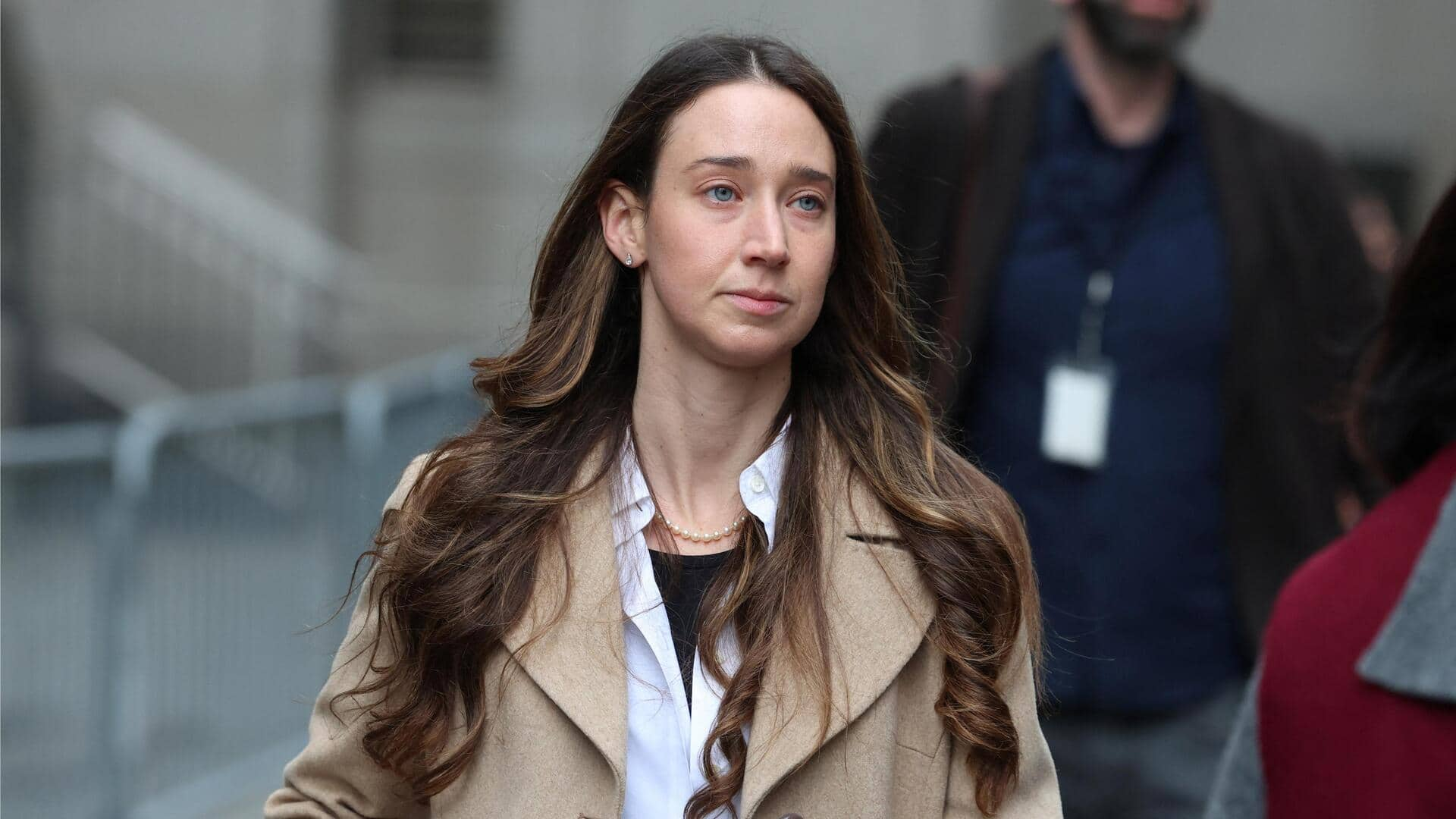
US start-up founder jailed 7 years for $175 JPMorgan fraud
What's the story
Charlie Javice, the founder of Frank, a start-up that simplified college financial aid applications, has been sentenced to over seven years in prison. The sentence comes after she was found guilty of defrauding JPMorgan Chase out of $175 million by inflating her company's user base. The conviction came in March after a jury found her guilty of conspiracy, bank fraud, and wire fraud charges.
Fraud details
I made a choice I'll spend my life regretting: Javice
Javice was accused of creating fake records to show that Frank had over four million customers, when in reality it had less than 300,000. Speaking before her sentencing, Javice said she was "haunted that my failure has transformed something meaningful into something infamous." She added, "I made a choice that I will spend my entire life regretting."
Judicial remarks
Judge criticizes JPMorgan for lack of due diligence
Judge Alvin K. Hellerstein dismissed arguments from Javice's lawyer who sought leniency on the grounds that the sale negotiations were between "a 28-year-old versus 300 investment bankers from the largest bank in the world." However, he also criticized JPMorgan for not conducting proper due diligence. The case drew parallels with Elizabeth Holmes's Theranos fraud scandal.
Appeal process
Javice to remain free while appealing verdict
Javice, who has been out on a $2 million bail since her 2023 arrest, will remain free while appealing the verdict. A Wharton School of Business graduate, she founded Frank to simplify the complex Free Application for Federal Student Aid form. The company promised to help financially needy students get more aid faster in exchange for a few hundred dollars in fees.
Prosecution perspective
Prosecutors' scathing rebuke and broader implications
Prosecutors argued that JPMorgan didn't get a functioning business for its investment, but rather "acquired a crime scene." They said Javice was motivated by greed when she saw the possibility of pocketing $29 million from her company's sale. The case highlights an alarming trend of start-up founders and executives engaging in fraud to make their companies attractive targets for investors or buyers.